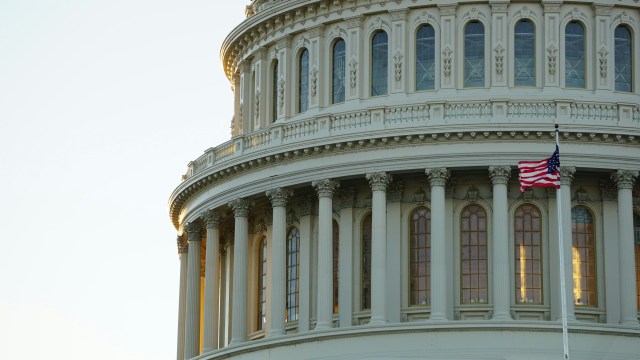As the crypto market continues to experience a downturn, debates over how to regulate digital assets are heating up. The United States is no exception, with significant disagreements among politicians and agency chiefs over the best industry regulation approach.
At a recent Bloomberg Podcast called “Odd Lots”, Commodity Futures Trading Commission (CFTC) Chair Rostin Behnam shared his view on crypto rules. Among the topics discussed were what constitutes a security or a commodity, market structure questions, new types of betting markets, and other matters currently facing the CFTC.
One of the major issues facing regulators is determining whether cryptocurrencies should be classified as securities or commodities. This distinction could have significant implications for how digital assets are regulated and the level of oversight they receive. Behnam acknowledged that there is no easy answer to this question and that the CFTC is working closely with other agencies to develop a cohesive regulatory framework.
Balancing Innovation And Regulation In The Crypto Space
The Chair of the CFTC emphasized the importance of protecting U.S. customers in the digital asset space during an appearance on Bloomberg’s Odd Lots podcast. The CFTC Chair noted that while it may be easy to suggest that digital assets are beyond regulation due to their decentralized nature, this is not the right approach. Instead, the focus should be on what U.S. customers are being offered and exposed to and who is behind the entities offering those products.
The CFTC Chair also highlighted that U.S. law already covers virtually all digital assets and that legal precedent is the driving force behind the regulatory approach taken by the CFTC. By driving legal analysis from legal precedent, the CFTC can apply existing laws and regulations to the digital asset space, ensuring that U.S. customers are protected.
Behnam believes this regulatory approach is important for ensuring the long-term viability of the crypto space. By subjecting digital assets to appropriate oversight and regulation, U.S. regulators are helping to promote investor confidence and protect against fraud and other malicious activities, according to the CFTC chair.
During the interview, the CFTC Chair noted that while many characteristics of digital assets are similar to traditional financial assets, there are also important differences that demand a unique regulatory approach. One key challenge in regulating digital assets is determining whether they should be classified as securities or commodities.
According to Behnam, a new token might initially involve the pooling of capital to start a project, making it look like a security. However, as the token becomes more decentralized, it may flip from being a security to being a commodity.
The CFTC Chair’s comments reflect the broader regulatory challenges facing authorities in the digital asset space. While cryptocurrencies offer many unique opportunities for innovation and economic growth, they also present new risks and challenges for regulators, according to Behnam.
The CFTC Chair’s comments highlight the need for a thoughtful and nuanced approach to regulating crypto assets. By recognizing the unique characteristics of these assets and adopting a principles-based approach to regulation, authorities can promote innovation while protecting investors and maintaining market stability.
Featured image from iStock, chart from TradingView.com











